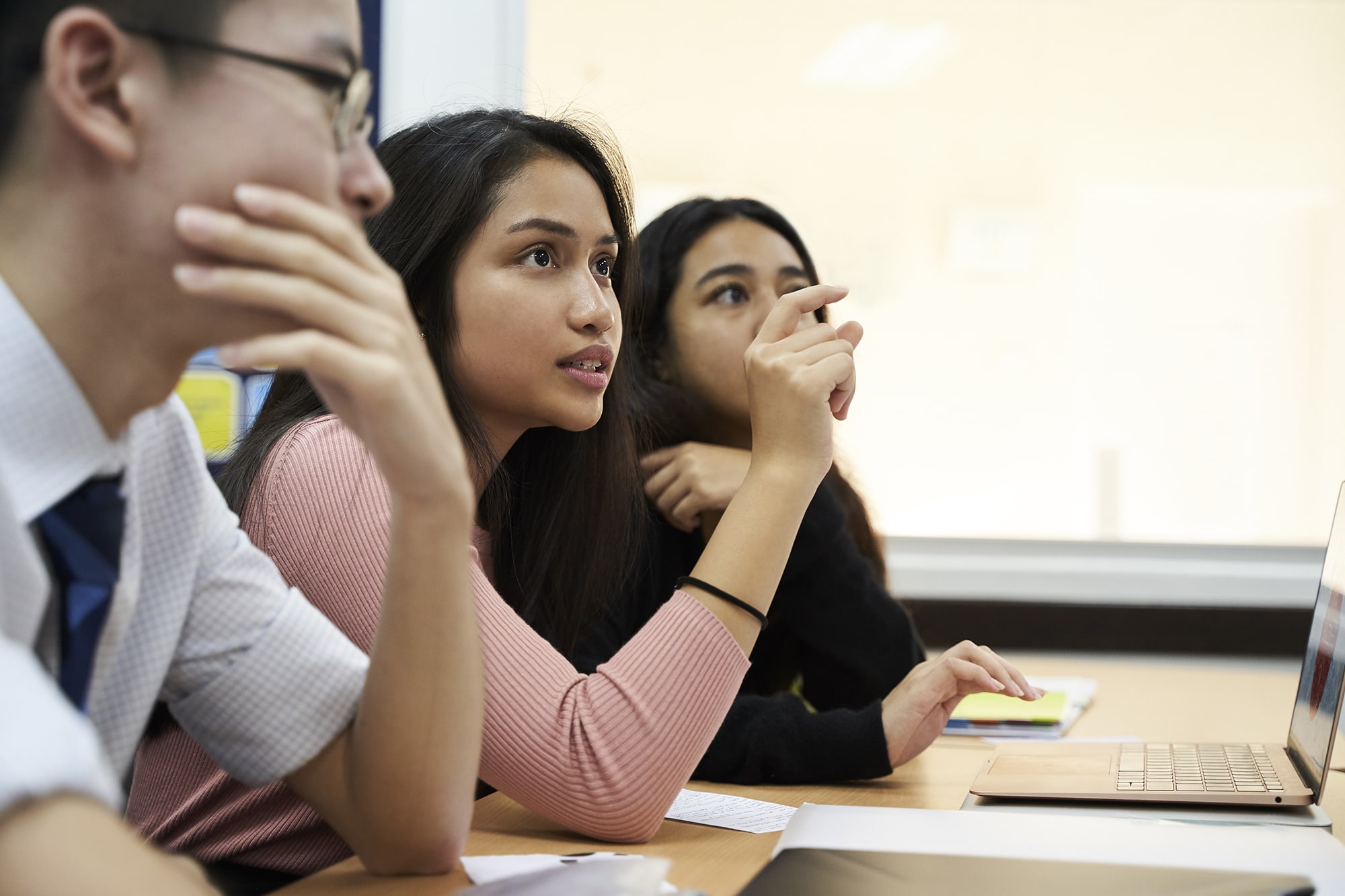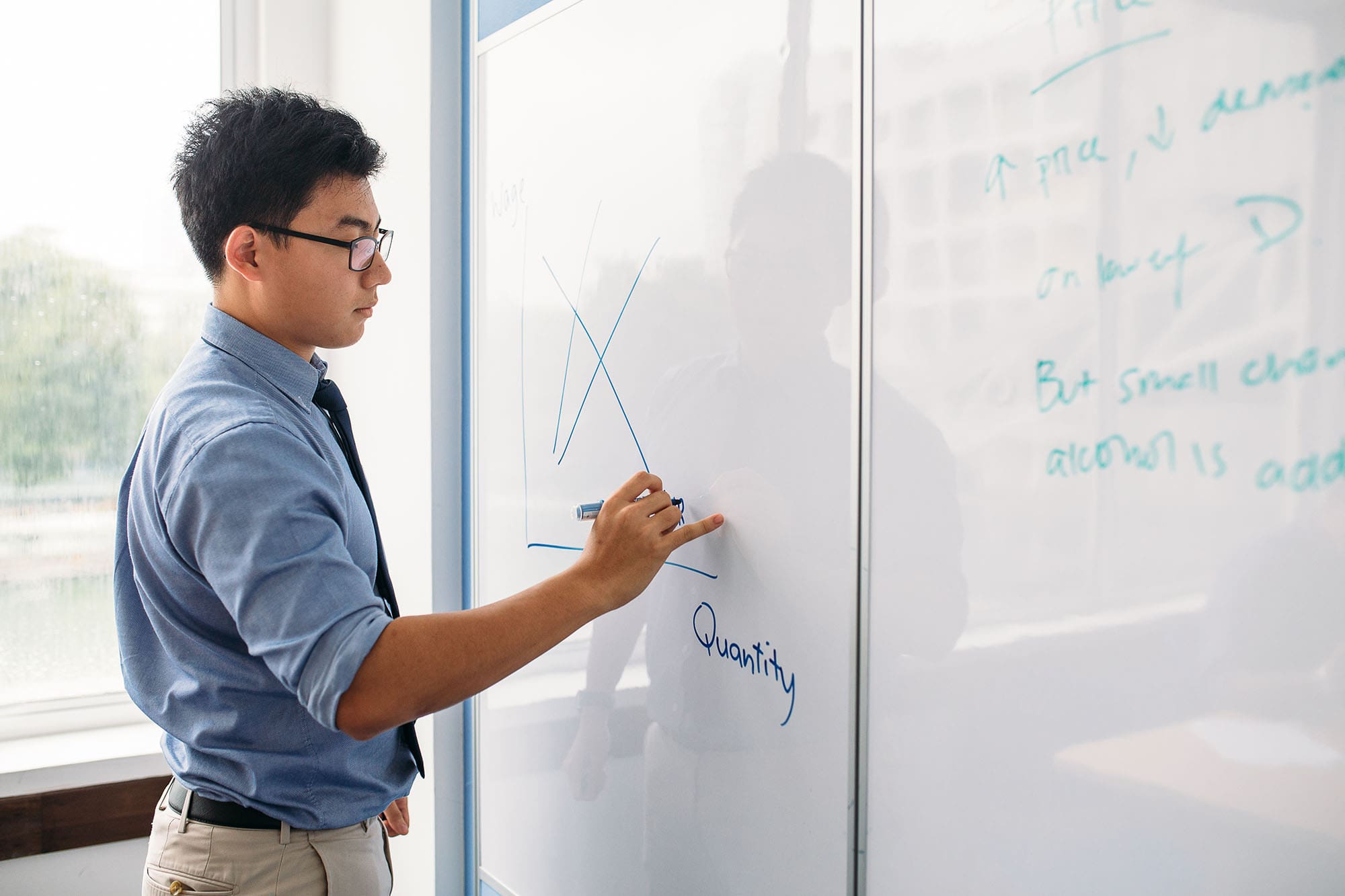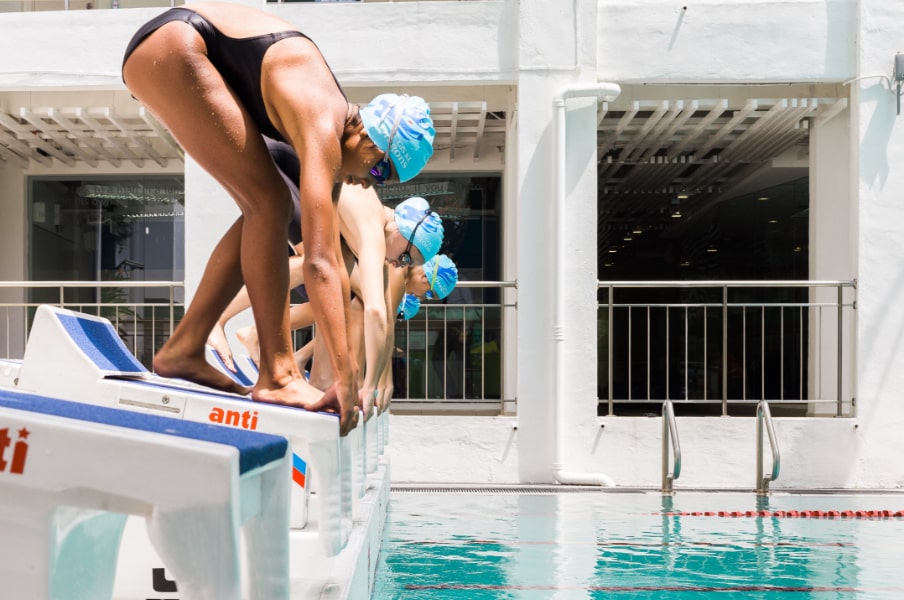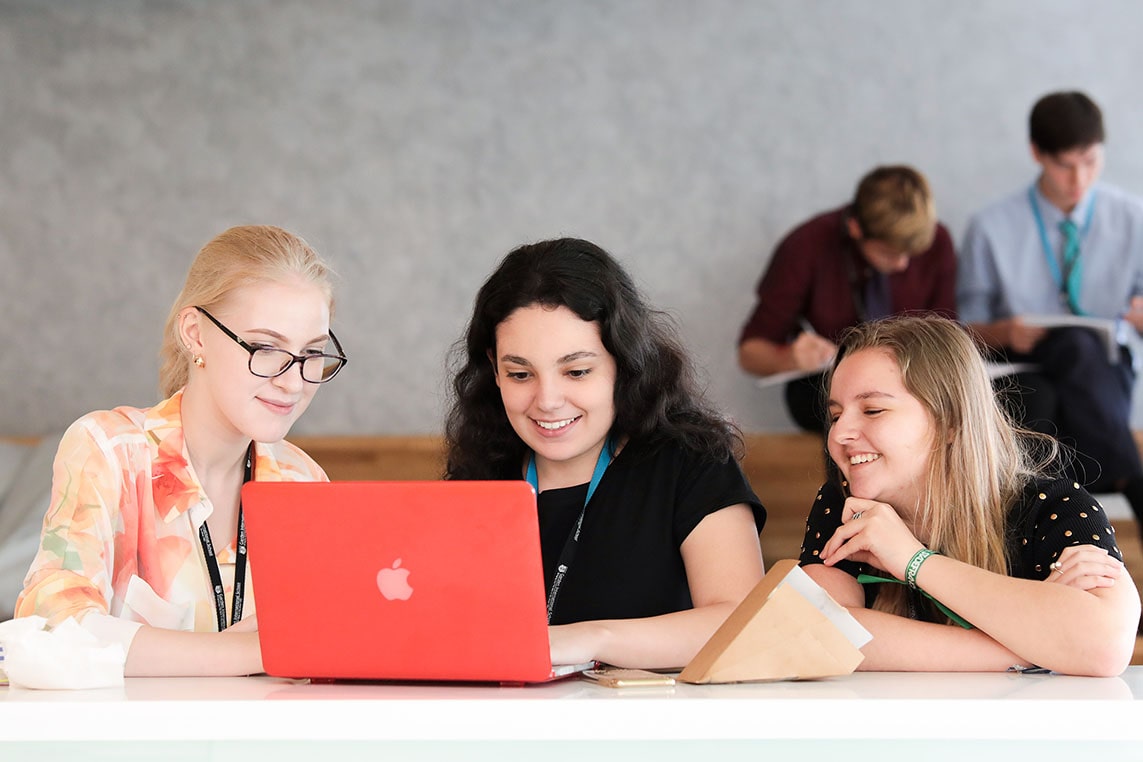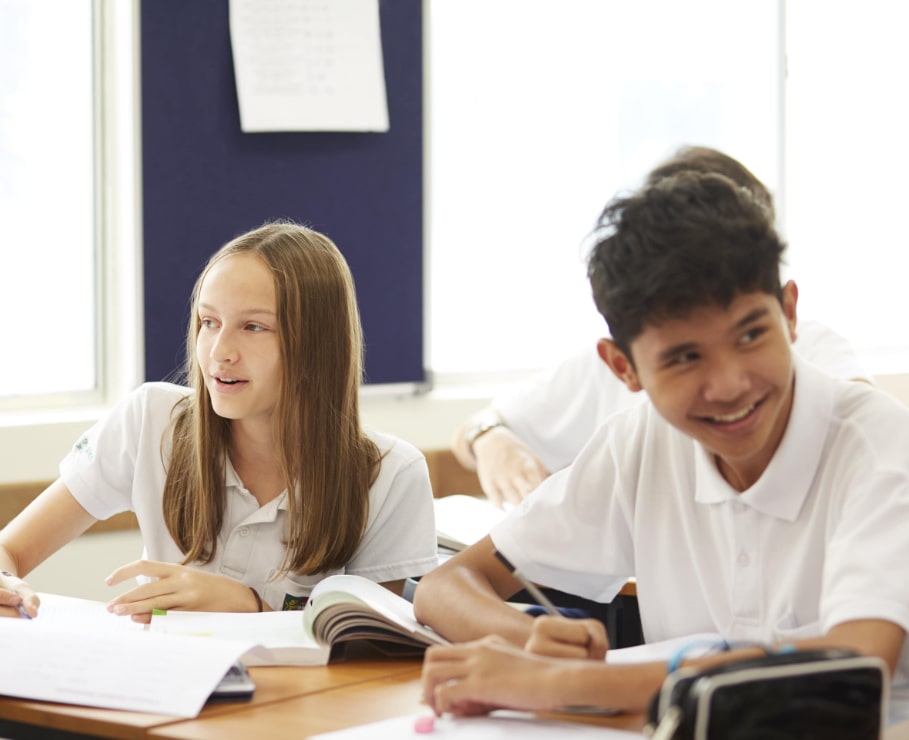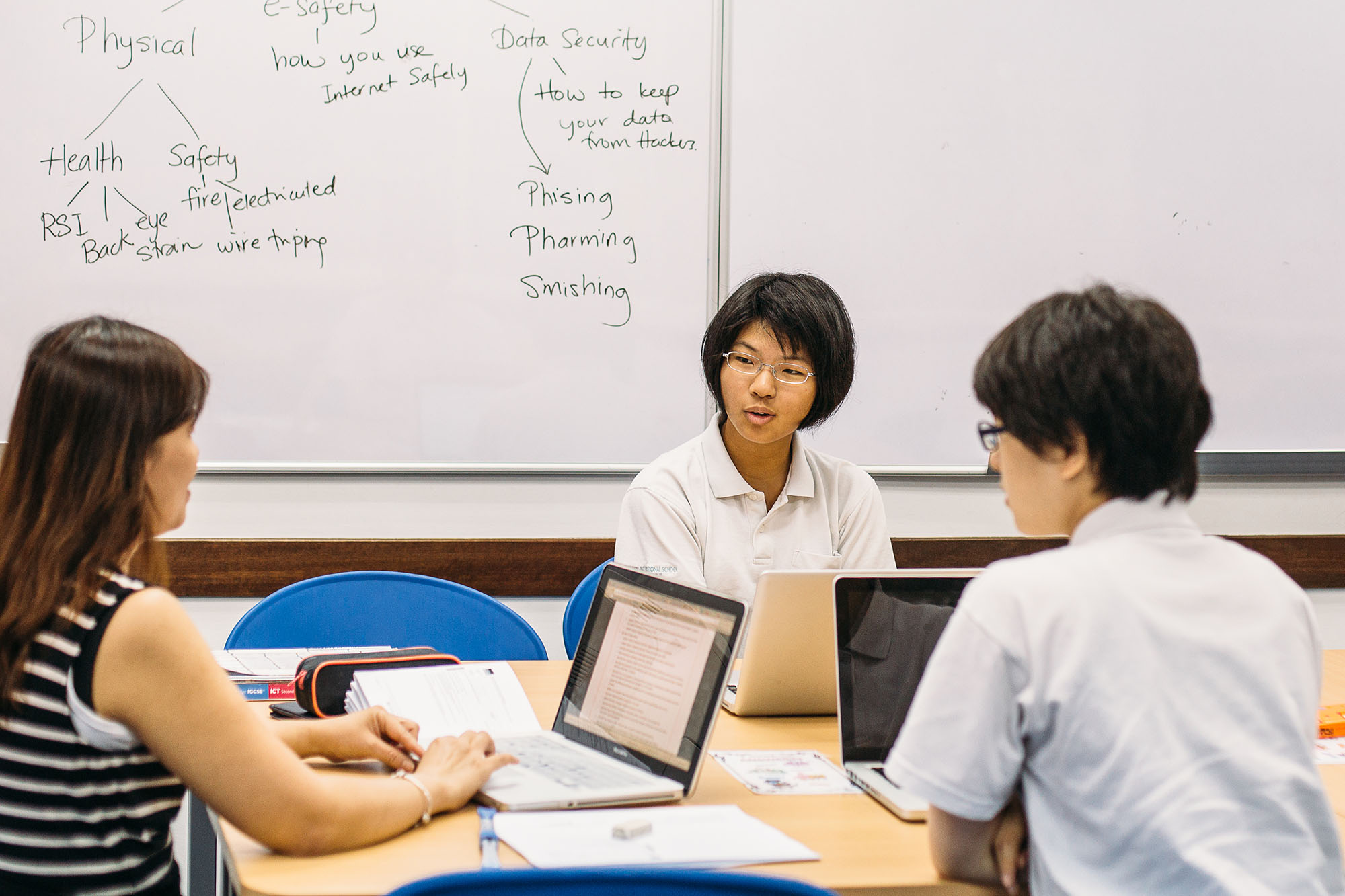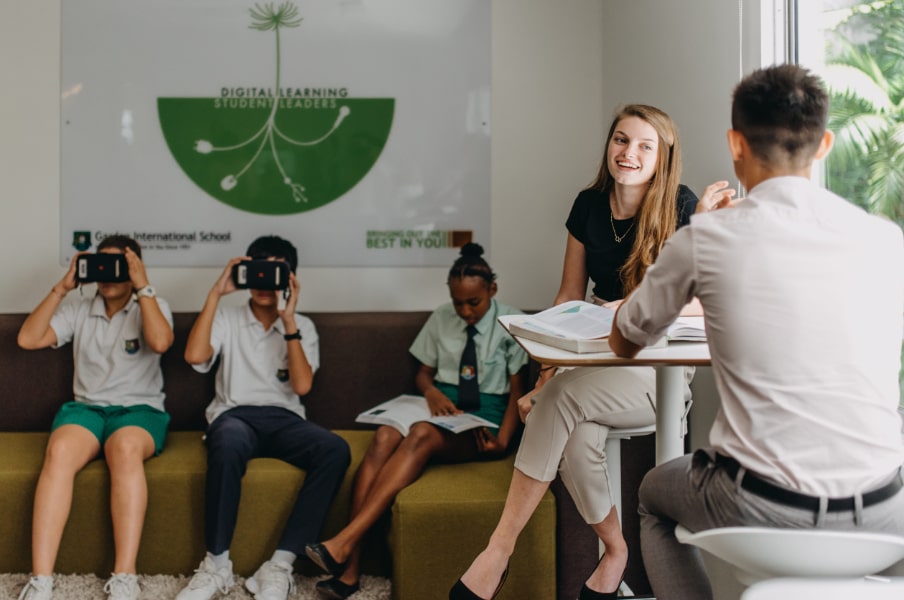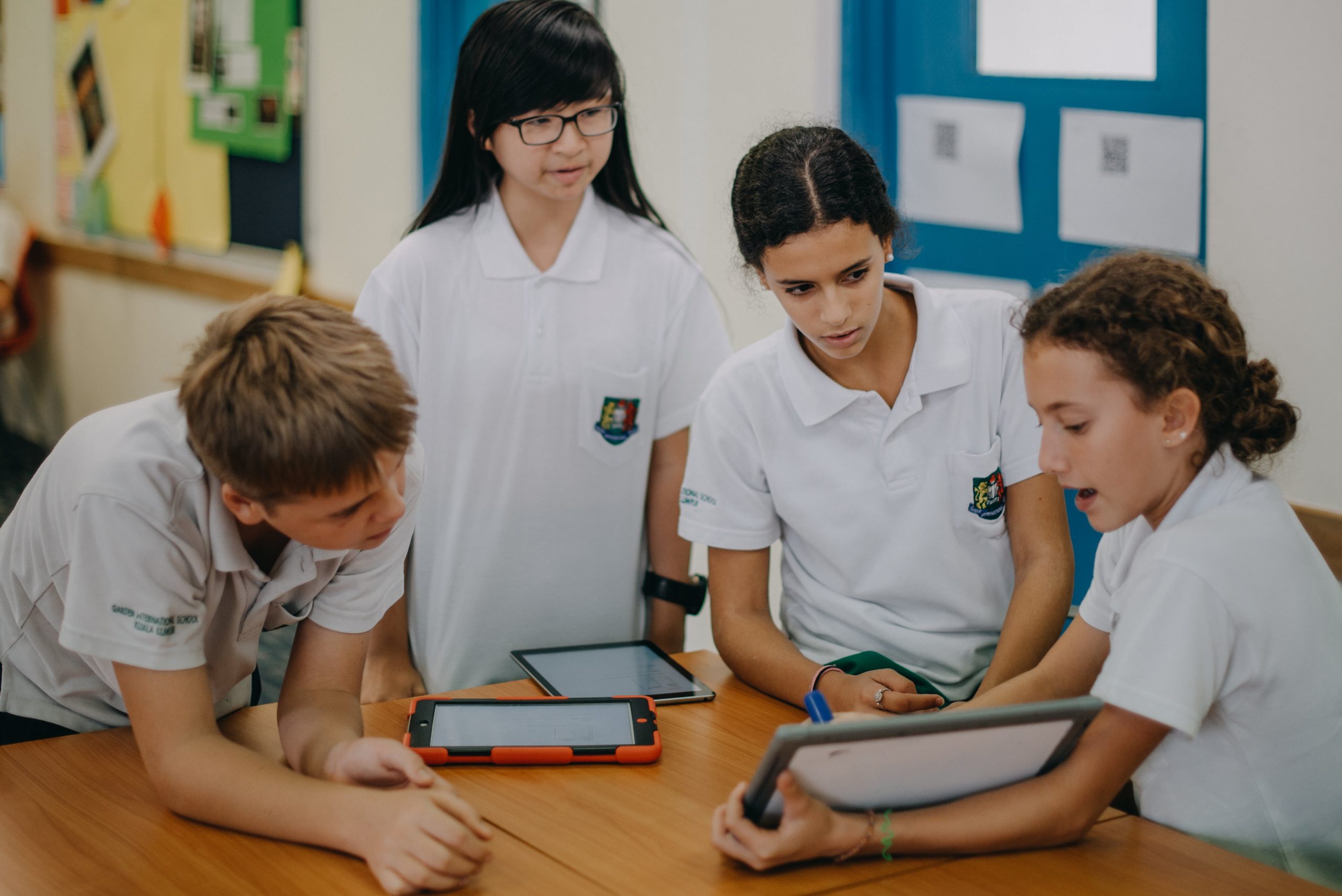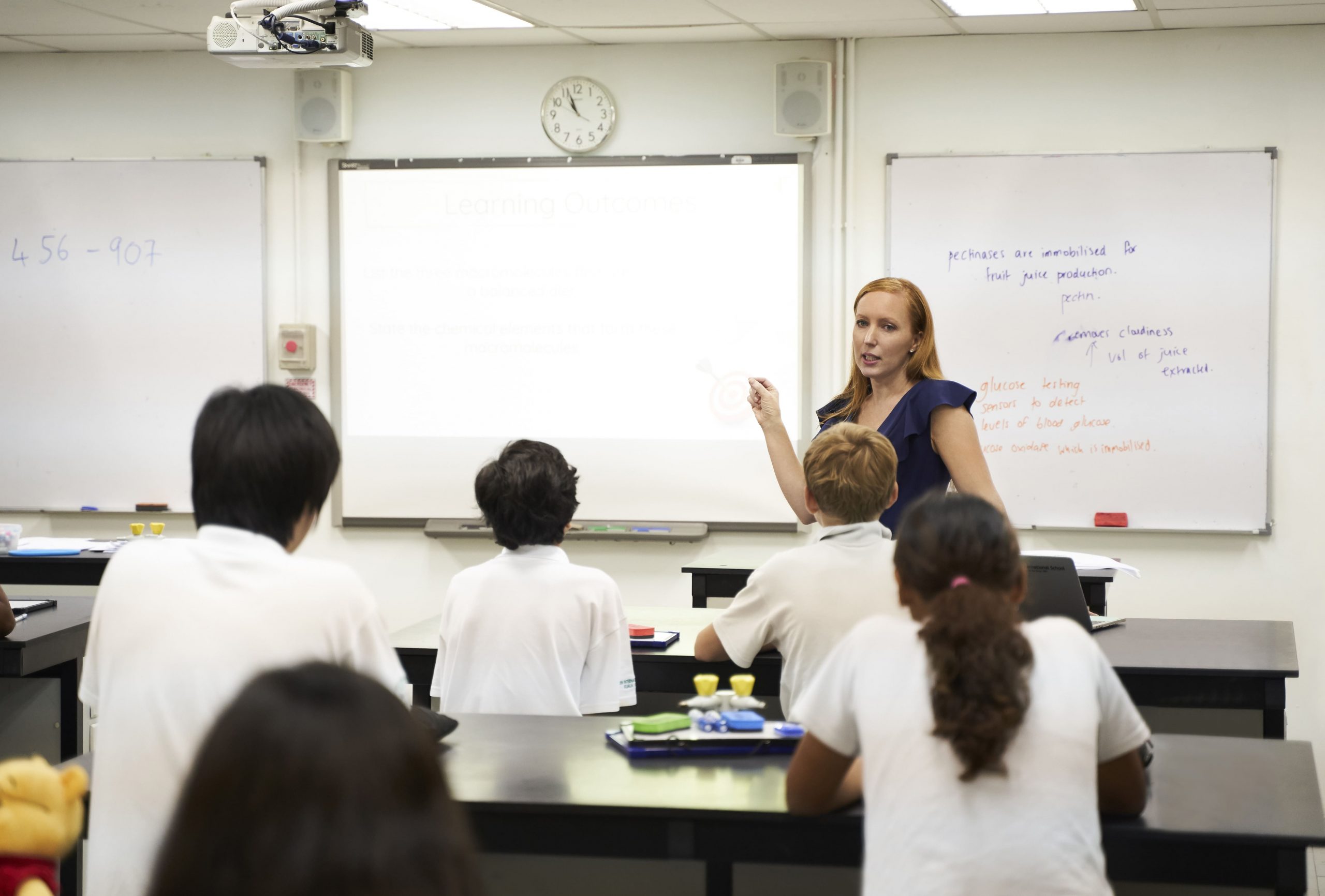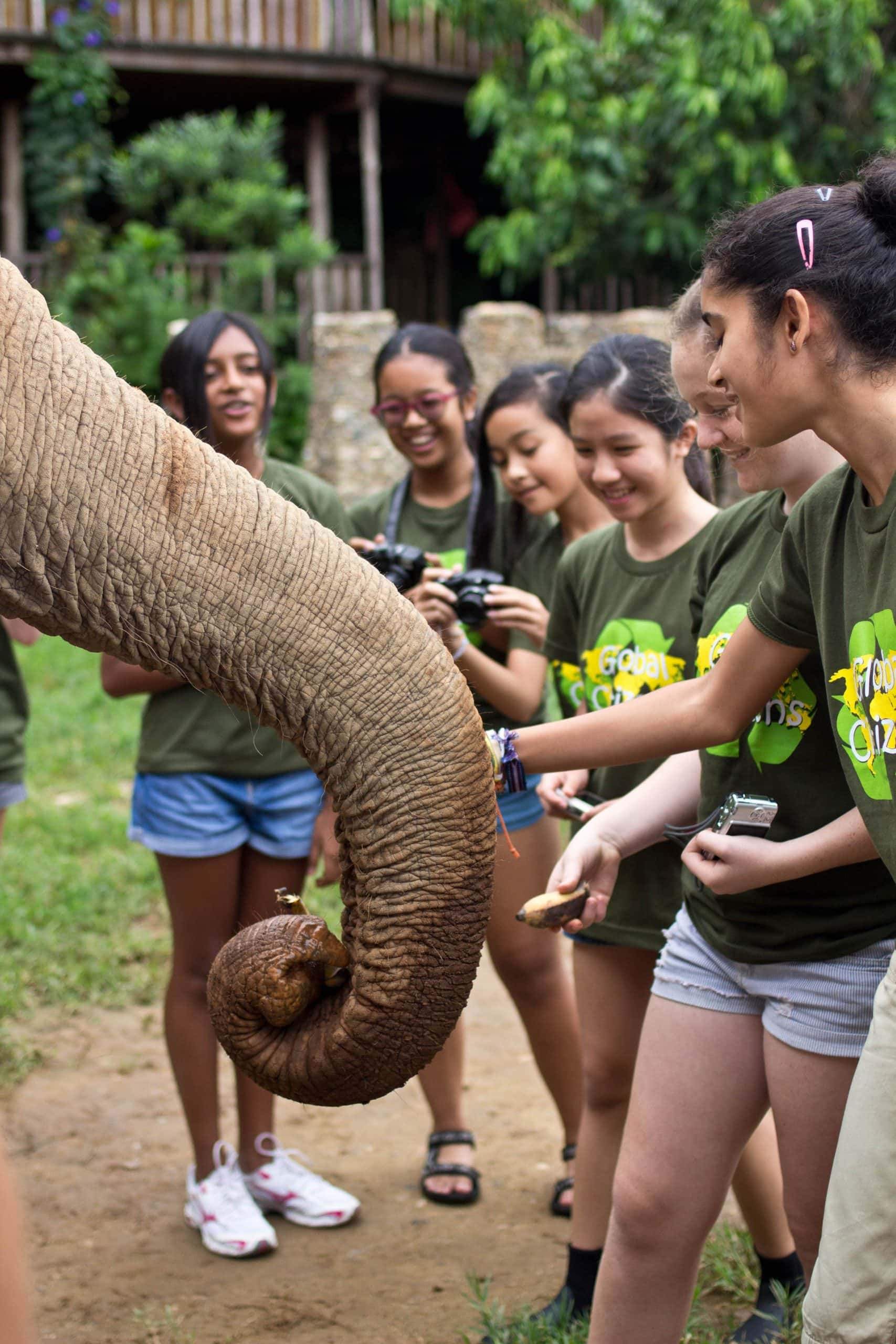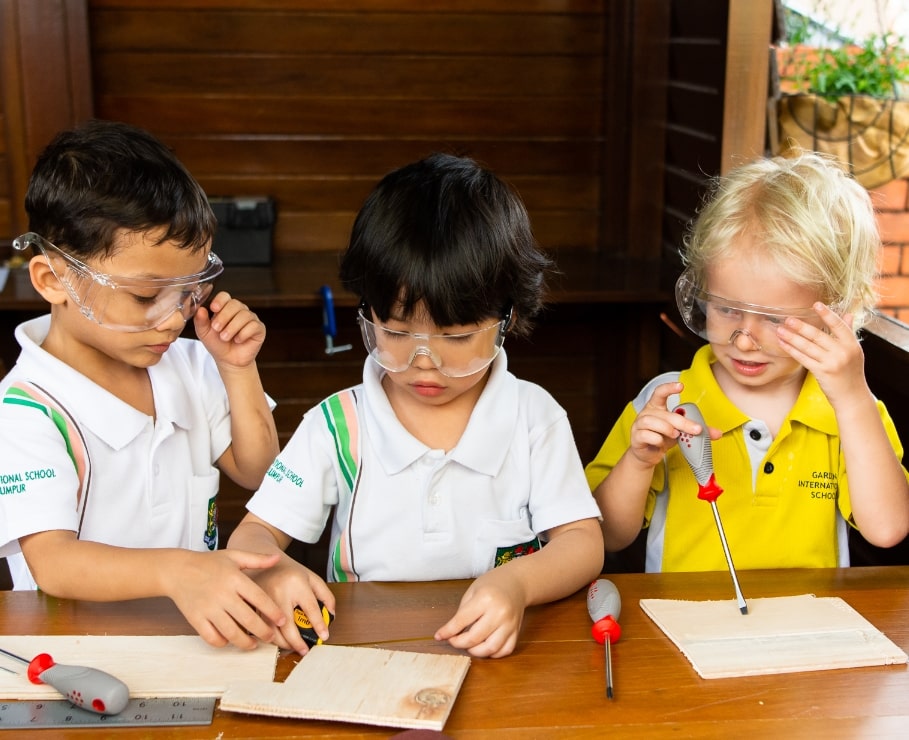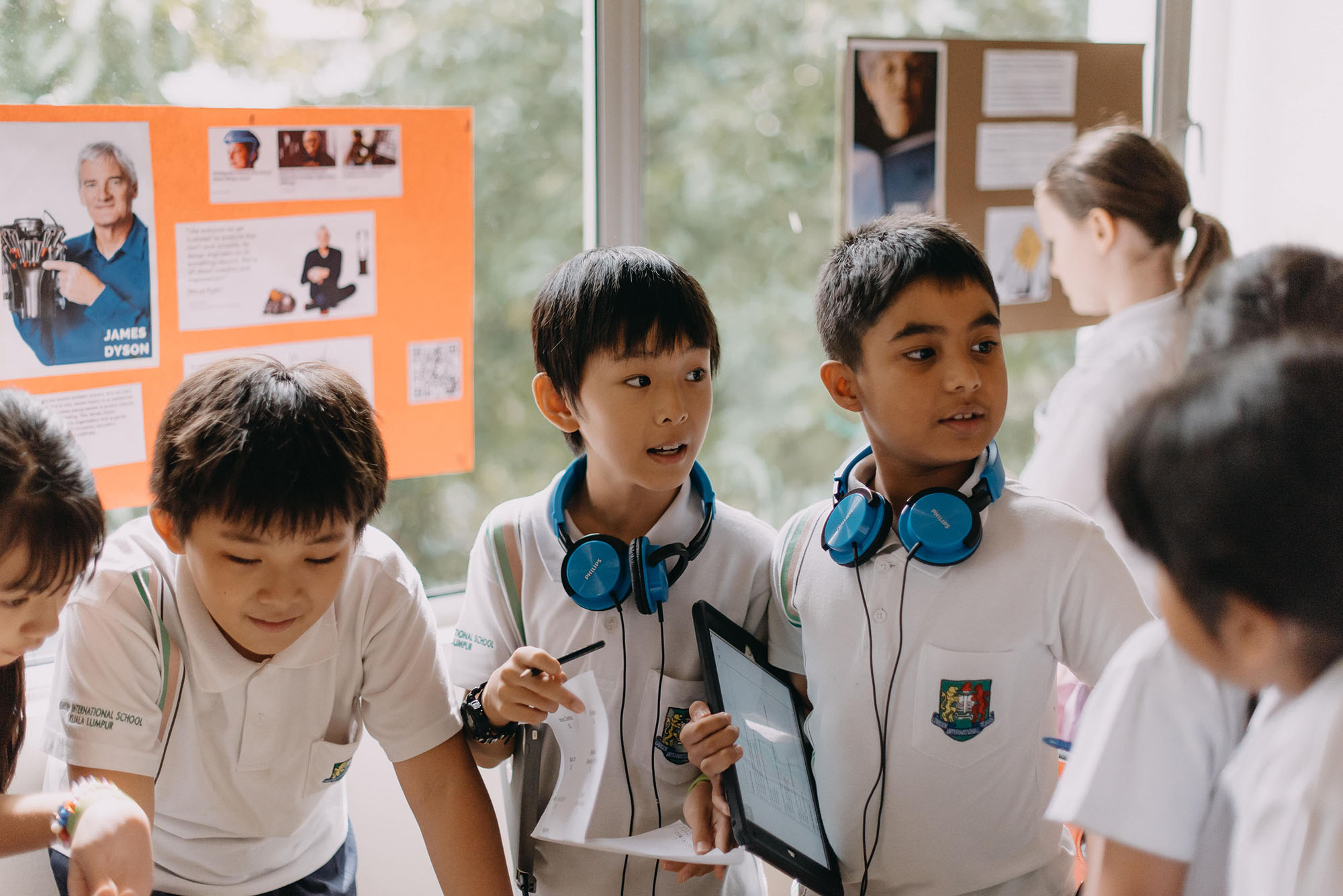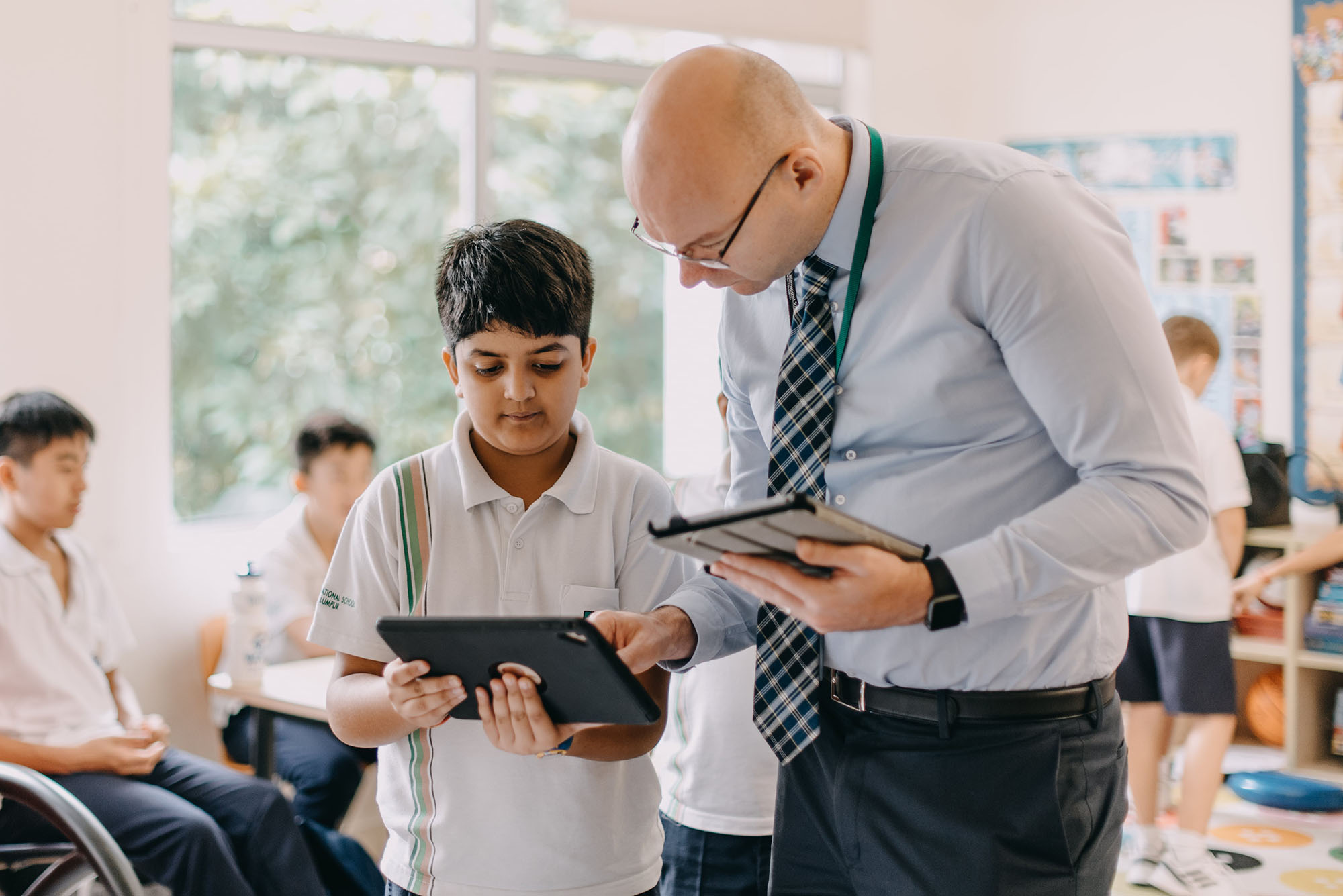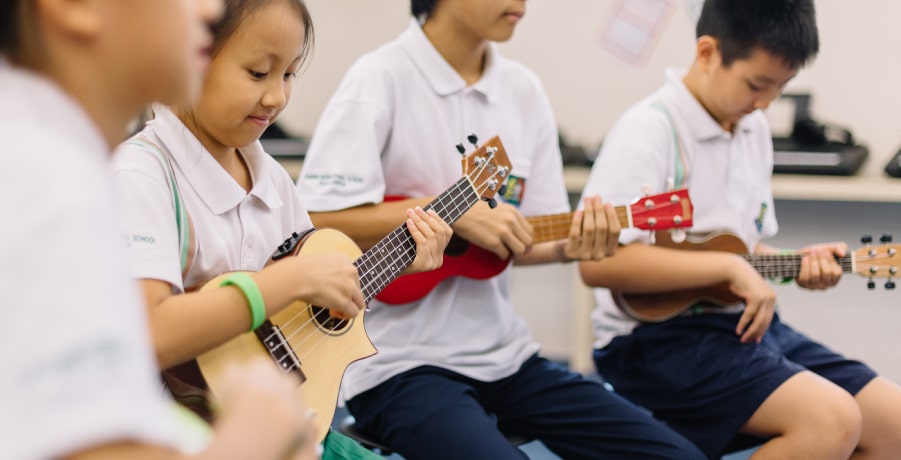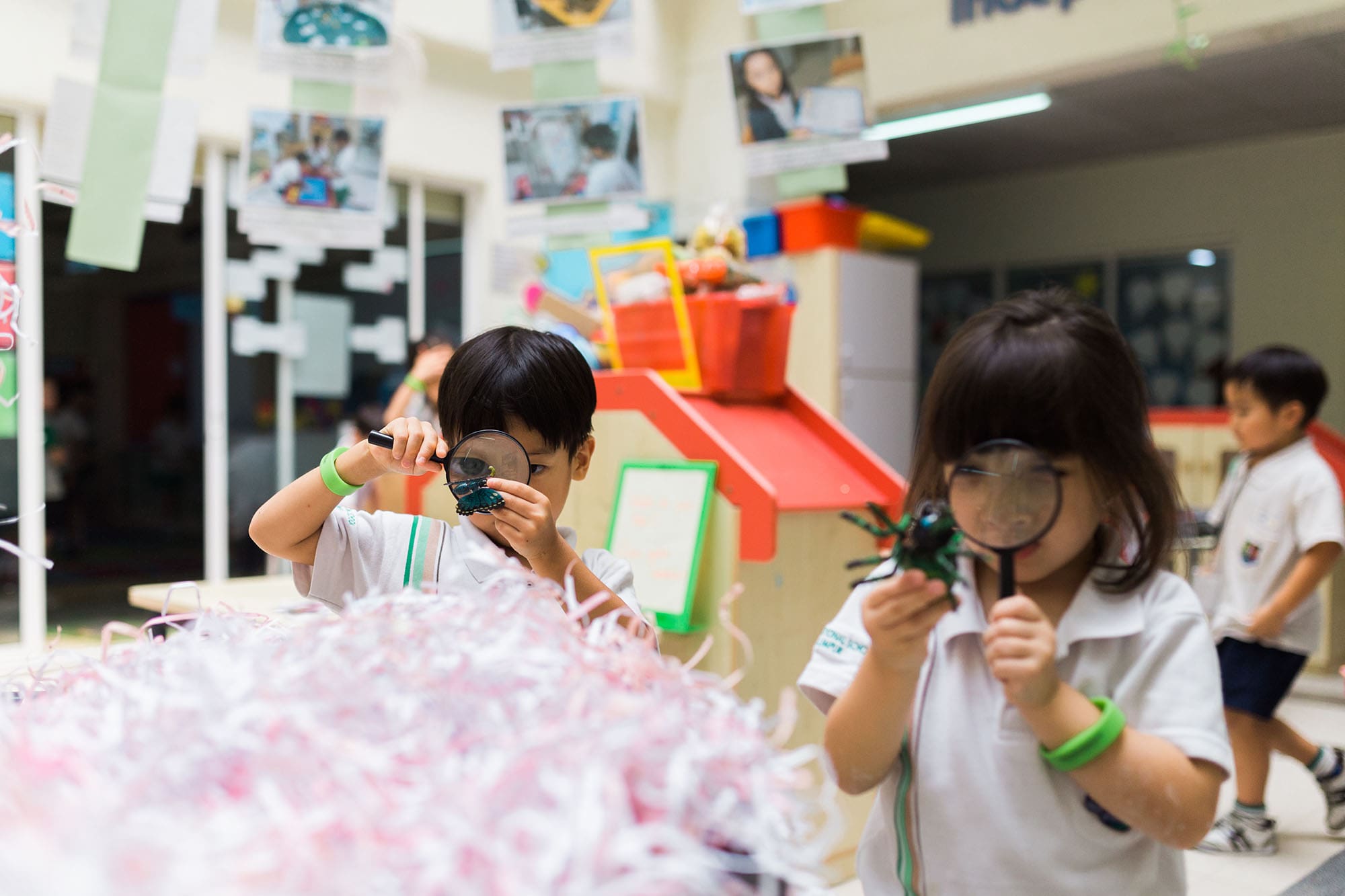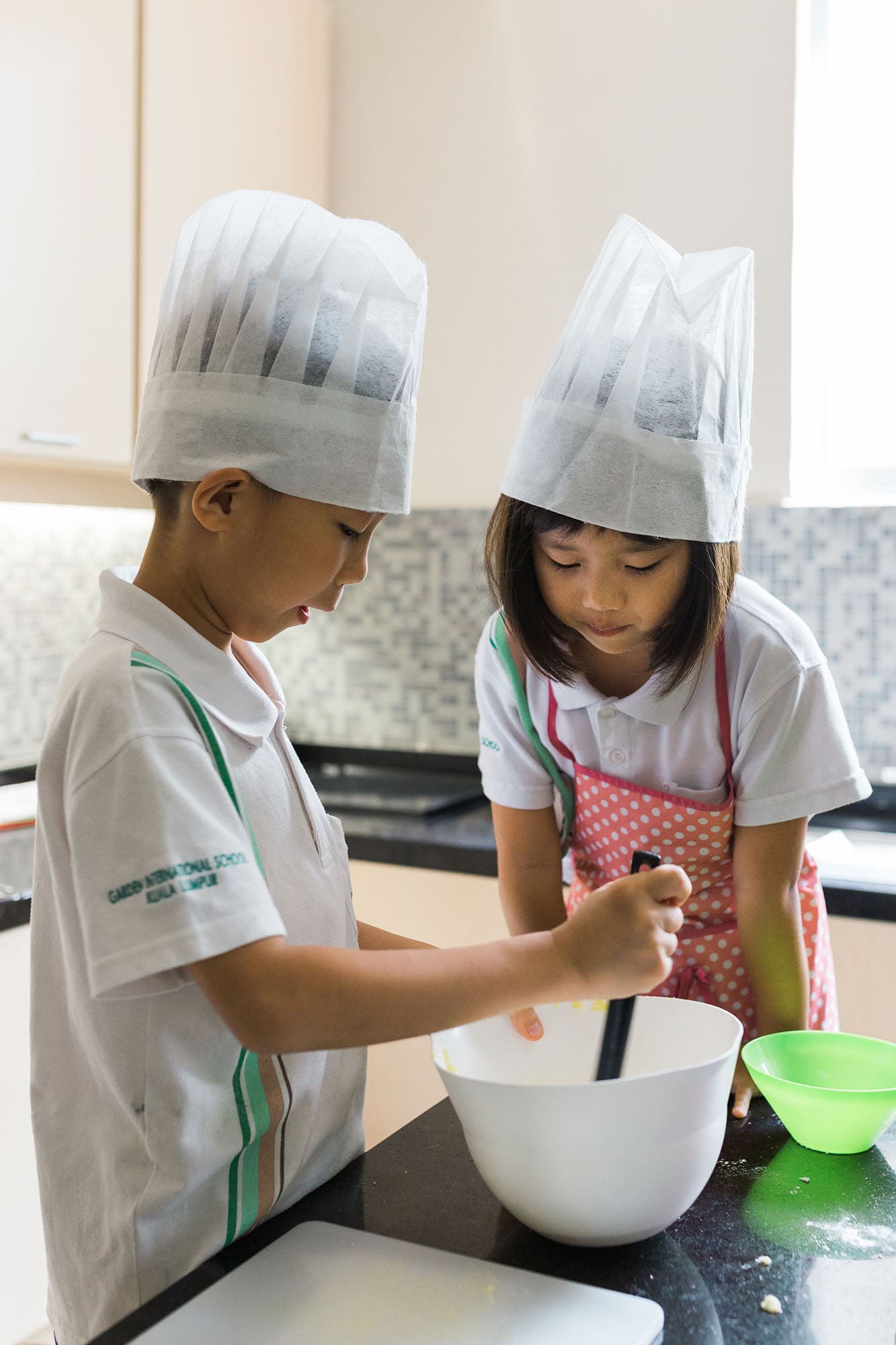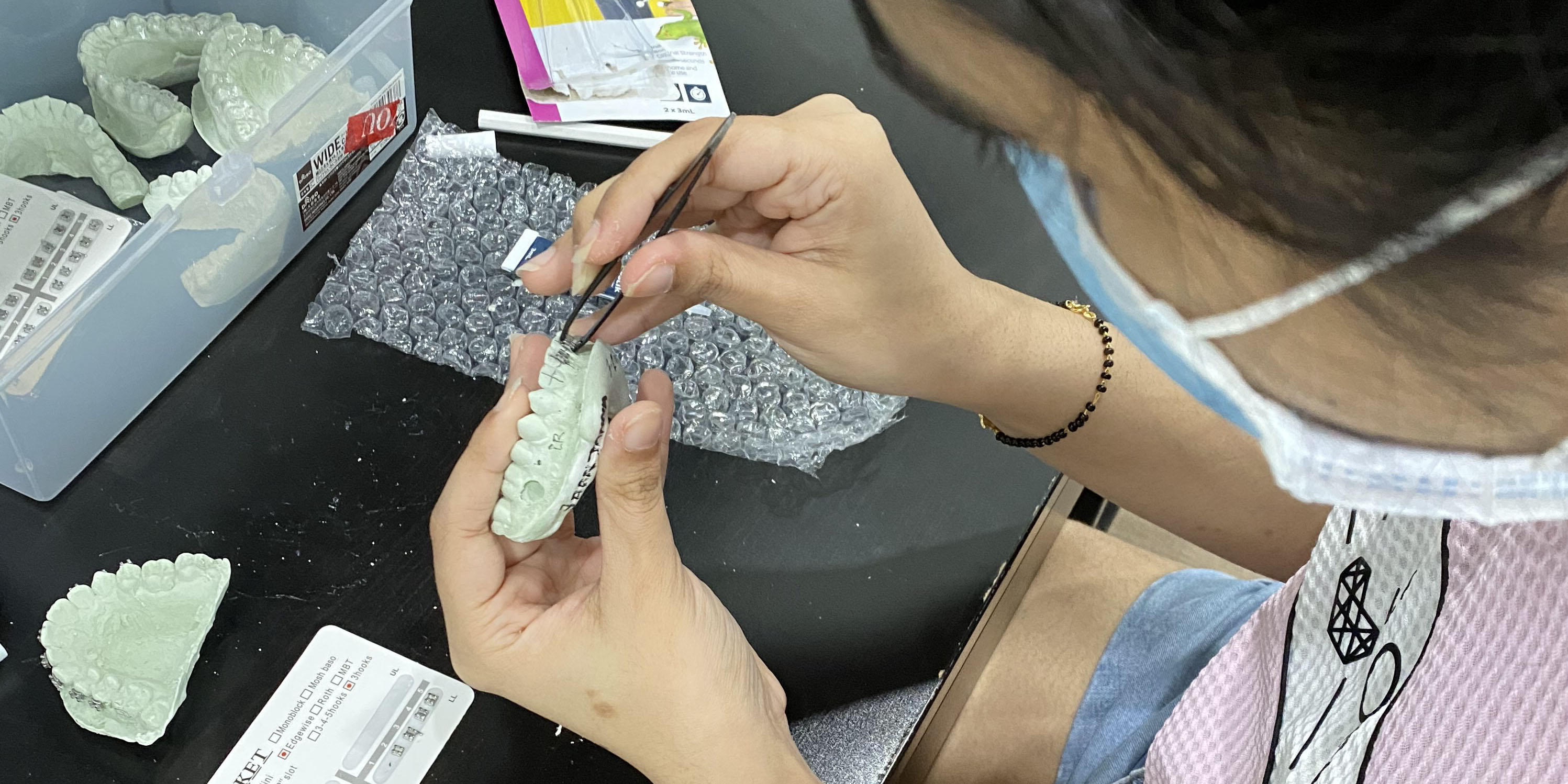
We believe that Sixth Form education is more than just achieving fantastic A Levels; it also needs to prepare you for the future, which requires a broad knowledge and a wide range of skills. For this purpose, we have developed our bespoke GIS Diploma, offering an extensive choice of electives that will help prepare you for university and life beyond education.
Over the next few weeks, we will have a more in-depth look at some of the GIS Elective choices and hear the views of our students, as they reflect upon these opportunities.
FOCUS: Extended Project Qualification (EPQ) Elective
The EPQ course gives real autonomy to the students as they enjoy the opportunity to plan, research, produce, present and evaluate a research based project of their choice. Students develop and improve their own learning and performance as critical, reflective and independent students. Many of the students will utilise their learning experiences to support their aspirations for higher education and/or career development.
Running for 2 lessons per week in Year 12, this elective leads to an officially recognised qualification – the equivalent of an AS level qualification which is recognised and valued by universities. Indeed, a number of students in Year 13 receive effectively lower grade offers from universities as a result of completing the EPQ.
Learning in 2020-21:
This year, the taught skills lessons and coaching conversations with students adapted well to online learning, but several of our students had to adapt their research plans and find alternative sources due to the MCO. Students adapted their plans to collect primary data online, rather than in person. They enlisted specialist subject mentors, both within the school community and beyond, to support with their projects. Students also provided invaluable support to one another, effectively establishing peer feedback groups in the online learning breakout rooms.
Student Projects:

Sahana Kaur has used her connections in US politics to gather data for her EPQ and is looking forward to further developing key skills by undertaking a closely linked summer school this year.
Her project is entitled: “How have youths influenced the popularity of the Democratic Party’s progressive faction?”
She comments: “I think the EPQ is a fantastic opportunity for students to explore their interests and prepare for tertiary education.”
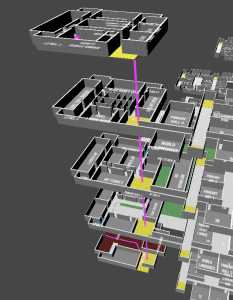
Max Abela has already pitched his project idea to the school leadership team. He is designing an interactive App that could add value to the GIS community by helping parents find their way around the campus, as well as supporting the transition of new students into the school.
Max’s project title is “To create a school pathfinding navigation system for lost students, teachers and parents.”
Reflecting on the year so far, Max comments: “EPQ is a great opportunity to push your limits and look beyond the scopes of your subjects to do something that really interests you. As a computer science student, algorithms are something that I encounter often and I was inspired to use this knowledge to create an artefact that could help our GIS community. New students, parents and teachers often get lost so I did a lot of research into pathfinding algorithms and created a navigation system.”
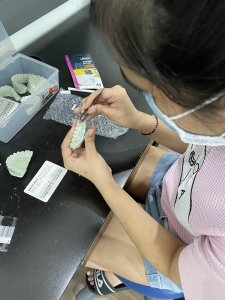
Saanjana Ramchandani’s project “Assessing the decision my dentist made when deciding on my braces by looking at alternatives options” helped her to gain access to a dental clinic, receive mentorship from an orthodontist and access the equipment needed to make her own molds on which to model braces – all during the MCO!
Saanjana recognises “the EPQ led to a great opportunity and helped me learn a lot more dentistry to see if it is something I really do want to pursue. It has helped me develop my research, essay writing and presentation skills which will be really beneficial for my higher education!”
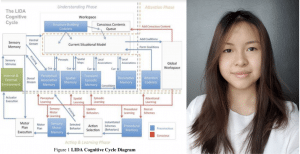
Chloe Wong has also undertaken an EPQ this year entitled: “Is Symbolic or Connectionist Cognitive Architecture More Likely to Produce Machine Consciousness?”
Chloe said this of the course: “Working on the EPQ has taught me to become much more independent in motivation, organisation and learning. It has also taught me numerous academic skills, including sourcing, referencing and evaluating research papers. I especially love that I can research a topic I am really interested in and receive guidance from the experienced and supportive GIS faculty.”
Moving Forward:
Once restrictions are eased, we hope to exhibit the final products from the current EPQ cohort for the GIS community to enjoy. We will update you with more information about the format of the exhibition in due course.
We are also excited to announce that we are extending the opportunity to take electives to our IGCSE students. Year 10 students from August 2021 will be able to choose an elective course to broaden their learning experience. Look out for more information on this in the near future!



